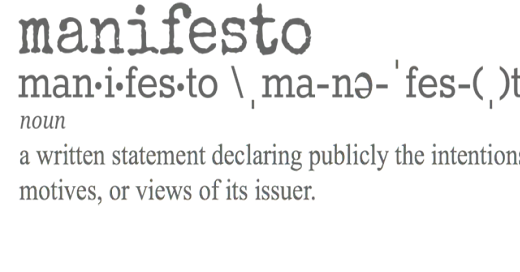Impolitic Manifesto
American Samizdat: "in remembrance, of what we meant to make of ourselves"
Over the period of his first presidential campaign and the four years of his presidency, one was rightly preoccupied with Donald Trump, I among millions of others. Increasingly over the four years, though, I was preoccupied not by Trump as much as I was by what he means about us, the United States, as a society, with the national culture that society came to produce and about the people within it who accepted Trump and celebrated him, even as a businessman and celebrity.
By the time Trump’s 2020 re-election campaign approached, with all its frightful implications for America’s future and that of the world, the politically argumentative case-making against him, against his cruel and craven collaborators, against his foolish supporters became tiresome to me. Necessary, but tiresome. And there were plenty of people to make it, equaled only, almost, by the plenty of people to make it against. Political opinions, in all that clever and committed political opining, are as plentiful as those …
Keep reading with a 7-day free trial
Subscribe to Homo Vitruvius by A. Jay Adler to keep reading this post and get 7 days of free access to the full post archives.





